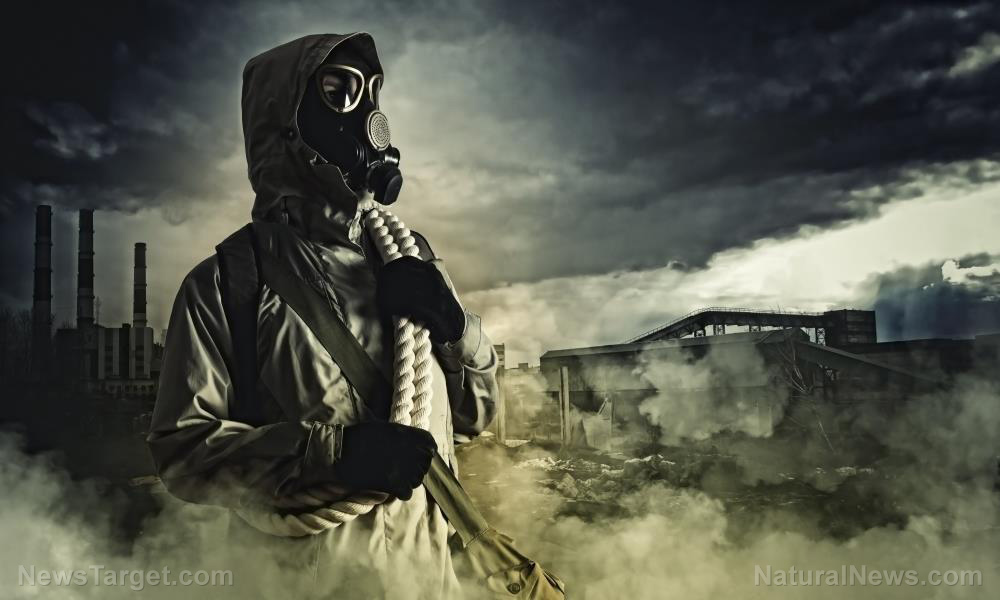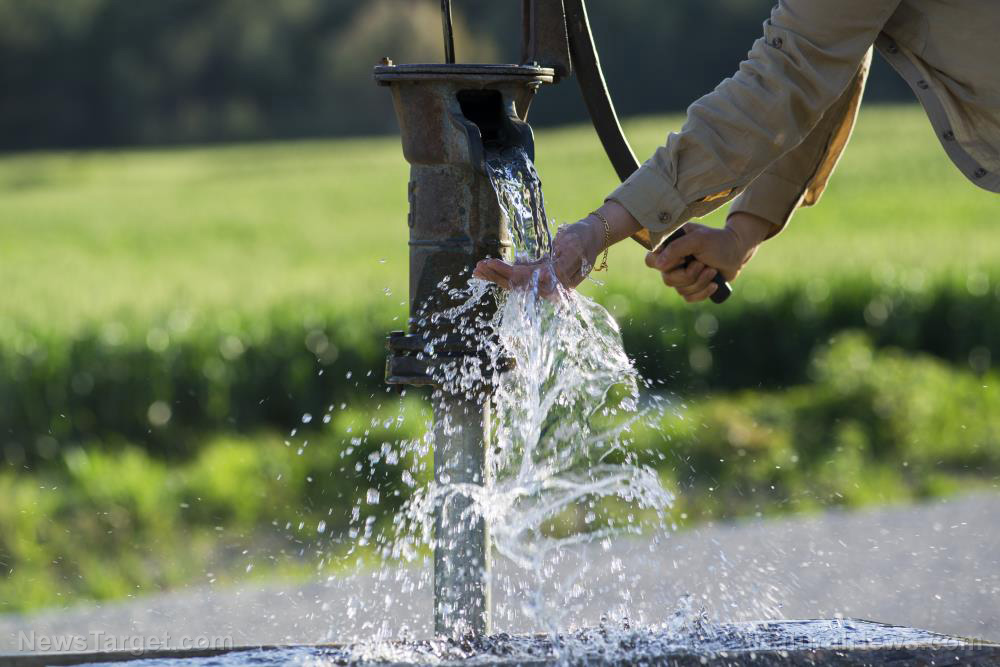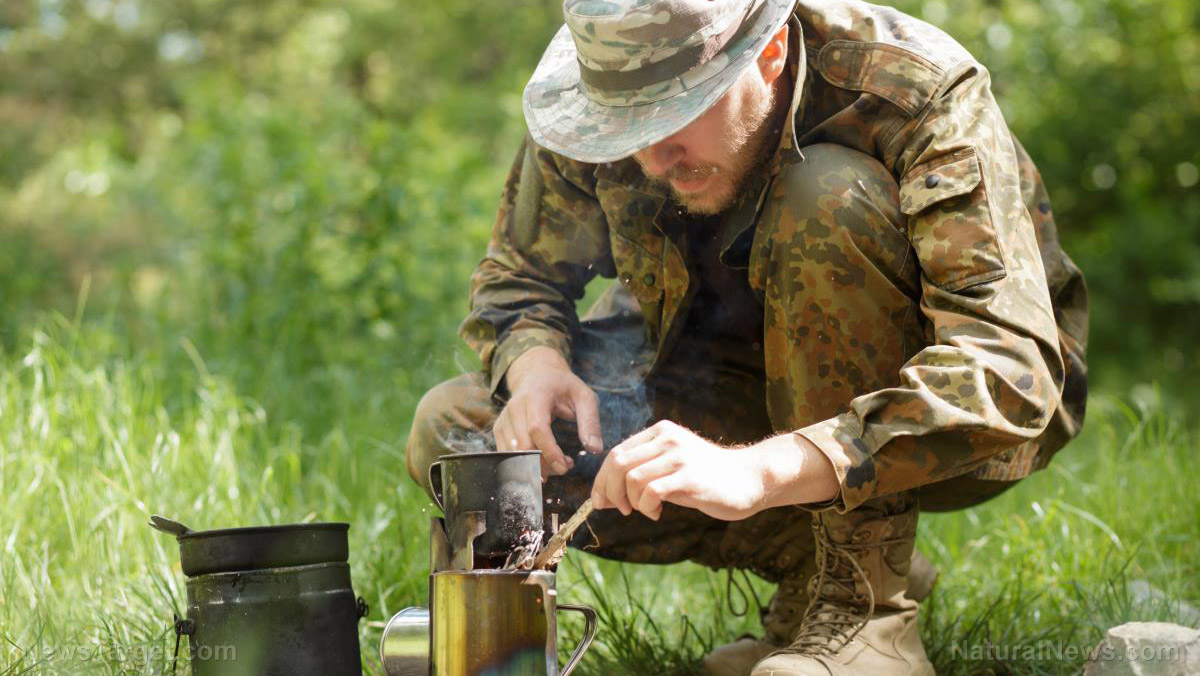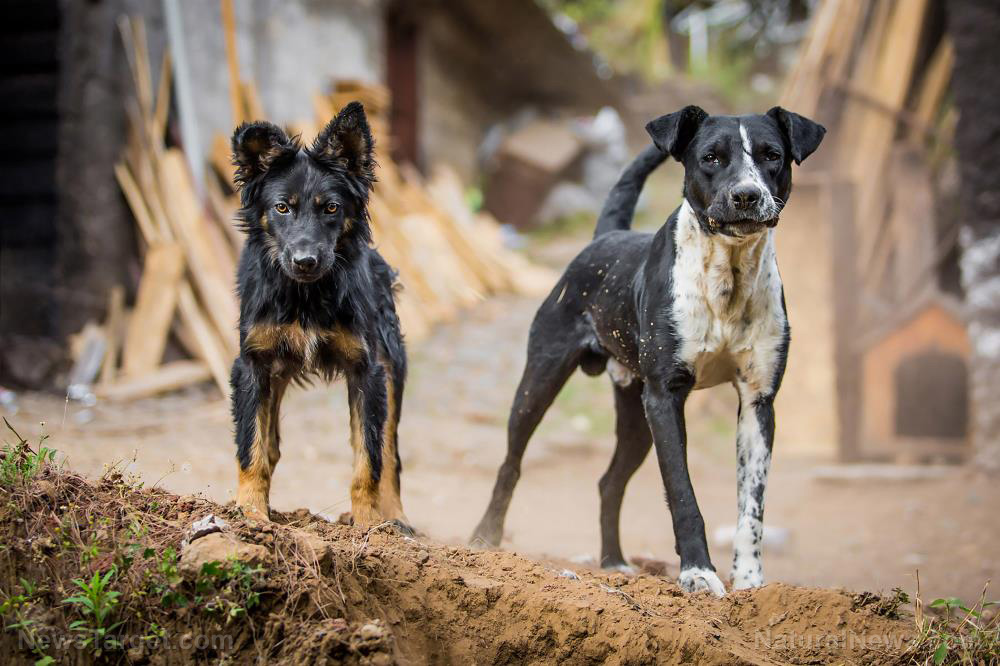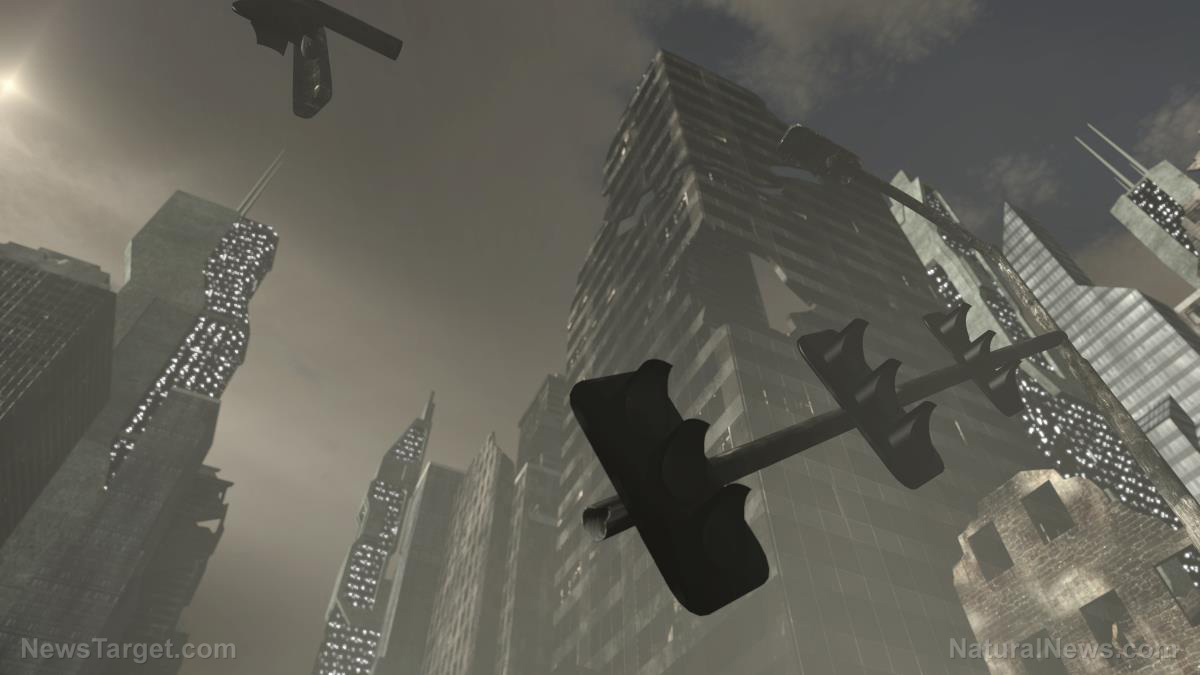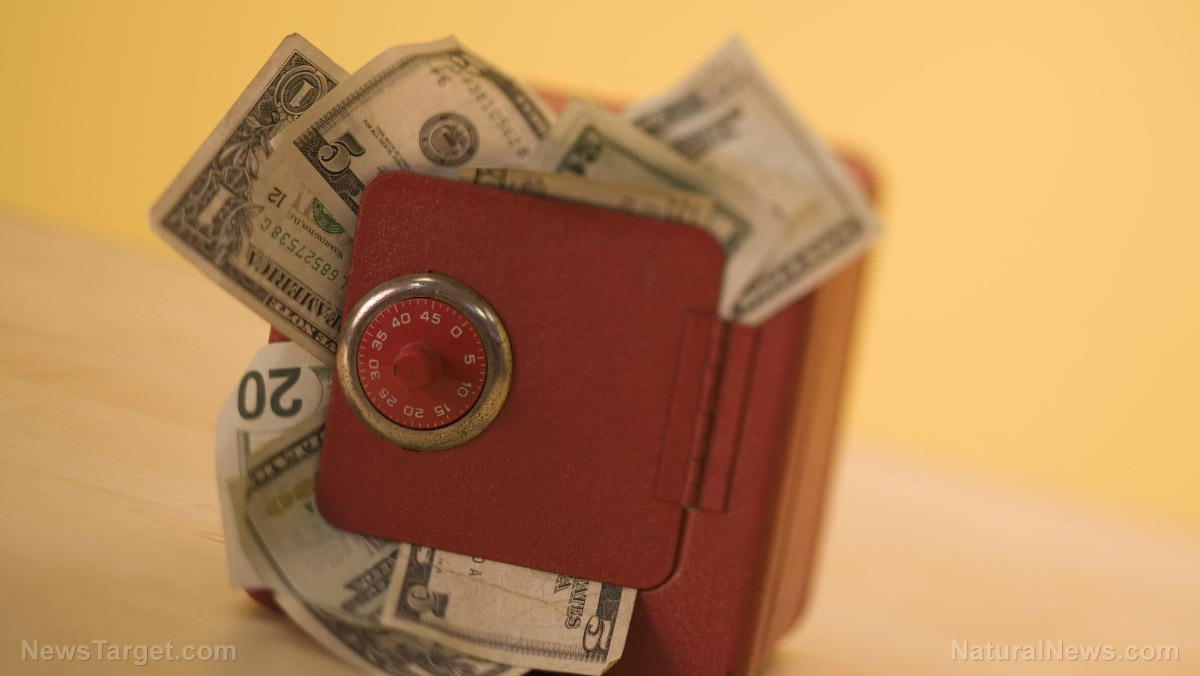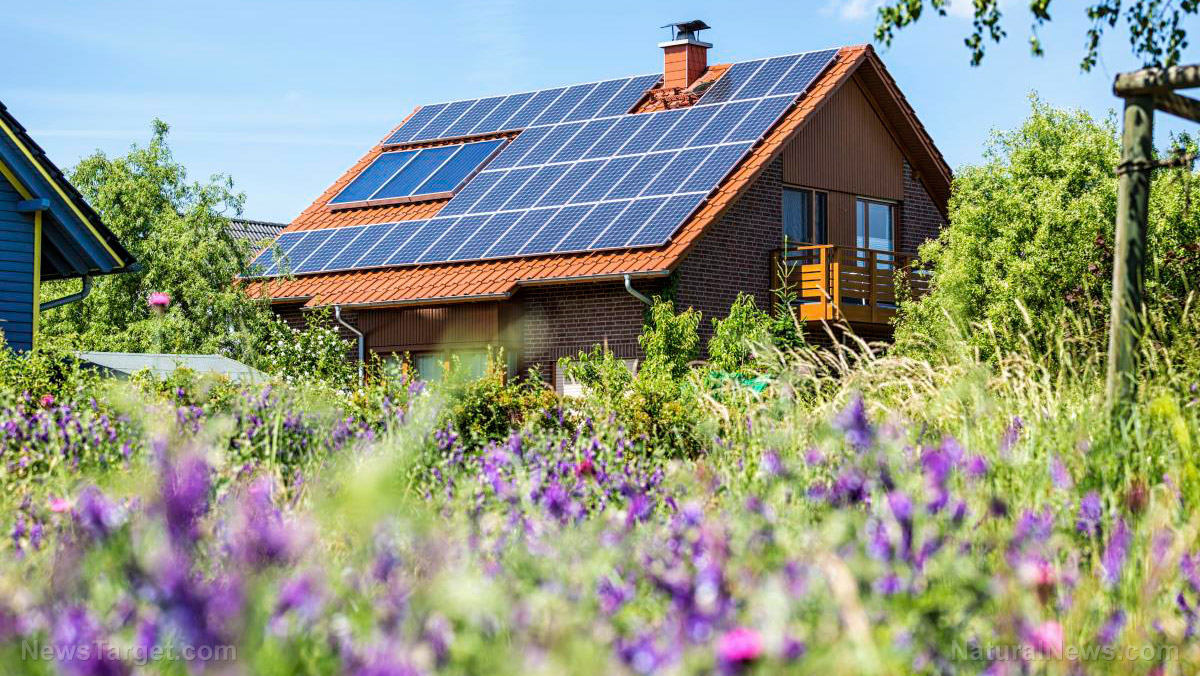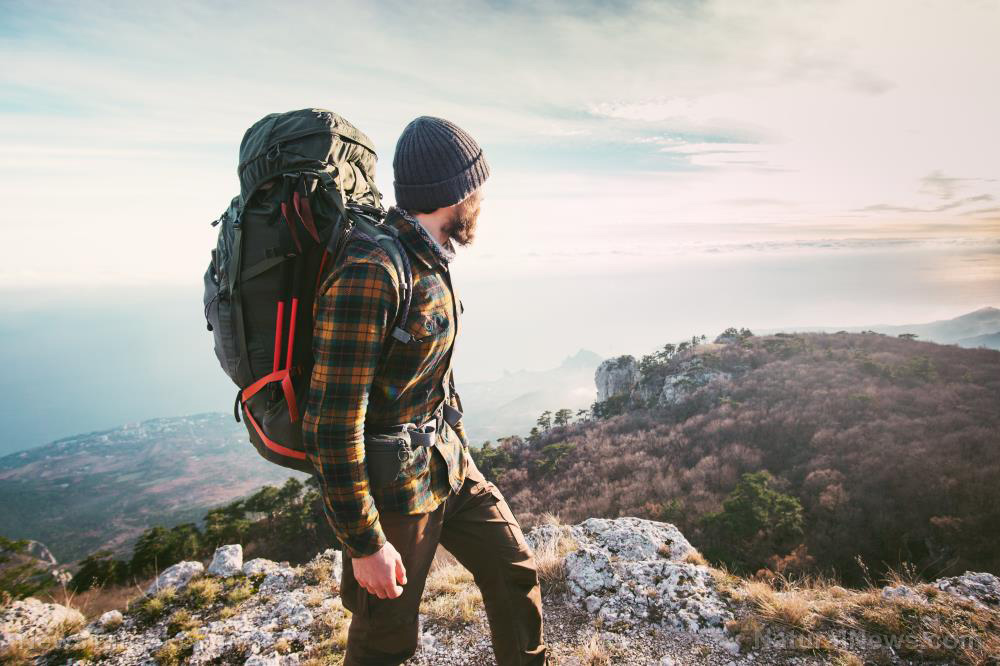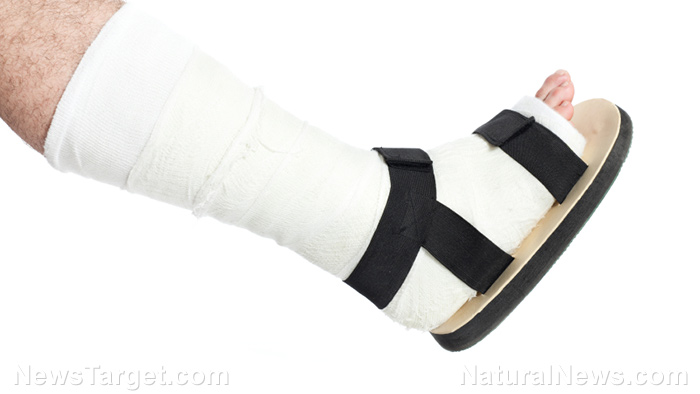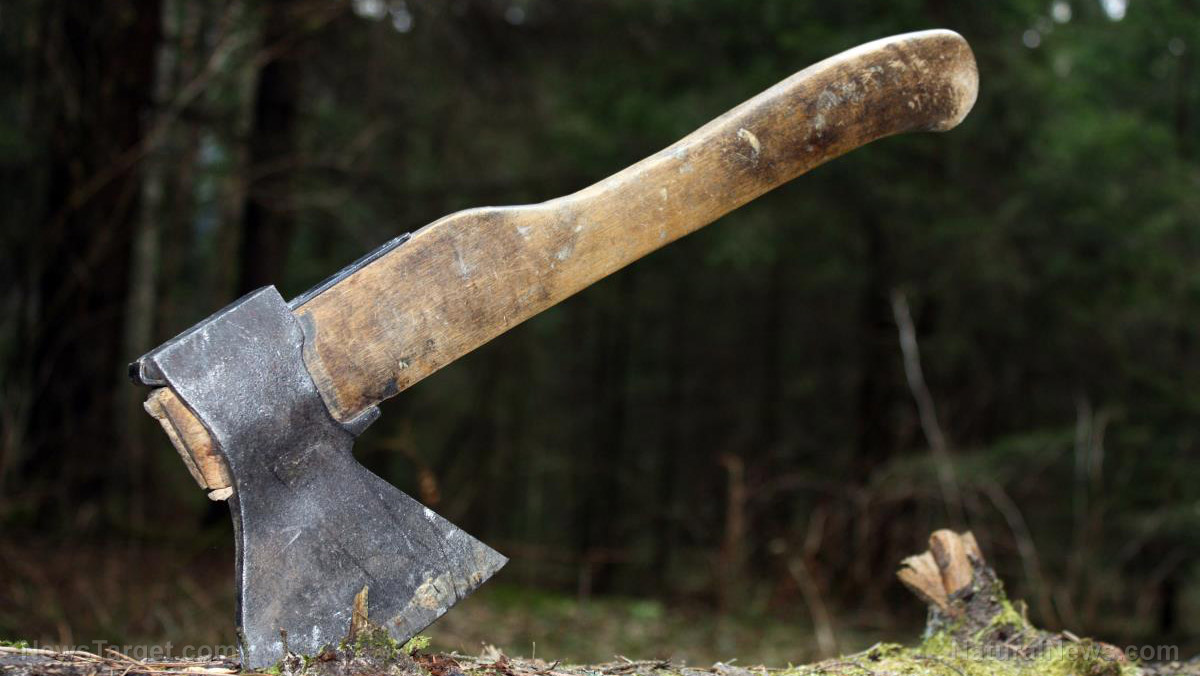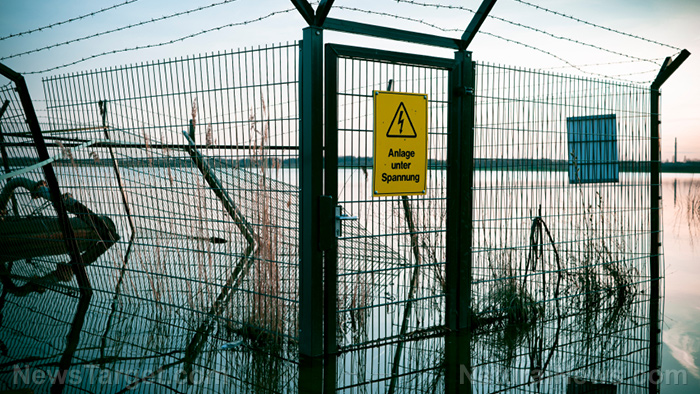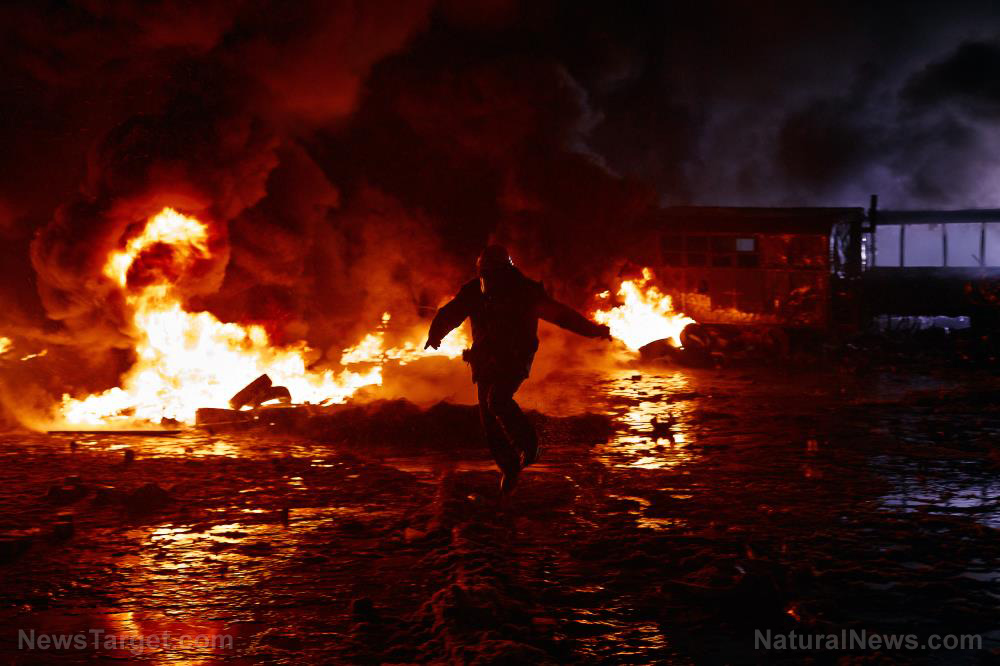12/03/2018 / By Mary Miller
Preppers may have the advantage if a large-scale catastrophe were to happen, but many preppers still underestimate the realities of living off the grid after a major disaster. Here are some possible scenarios to consider of what day to day living might be like after SHTF. (h/t to SurvivalistPrepper.net.)
No running water
Access to clean running water is something many preppers an non-preppers can easily take for granted. Water is crucial to survival. A person won’t last longer than three days without it. It is also important for hygiene and sanitation purposes. Methods of proper water purification and/or storage are valid concerns to take into consideration in case SHTF. (Related: Do you have a safe source of water for a SHTF situation? Top 5 water purification mistakes.)
No heating or cooling
Depending on the seasons and one’s geographical location, having the means to stay warm or keep cool can mean the difference between life and death. In a SHTF scenario, there will likely be no functional air conditioning or heating systems. A wood stove can be used as a reliable source of heat without electricity. However, it will still require a considerable amount of fuel, so be sure to stockpile plenty of wood.
No electricity
It might be easy to wait out a simple power outage, but a long-term lack of electricity will have a significant impact on one’s day to day life. Modern conveniences such as lights, television, refrigeration, internet access, and even the ability to charge one’s devices will cease to exist. When the sun goes down, one should find alternate sources of light or learn to survive in the darkness.
Solar panels or other ways to generate power can be of great use for these situations. It is also important to find ways to cook and store food for long periods without electricity. Having no way to charge a phone also means no communication. However, an excellent way to get around this is by learning how to use a ham radio.
No access to medicines or medical attention
When SHTF, prescription medications may be hard to come by. There might also be no clinics or emergency rooms capable of tending to injuries or medical needs. This will be very difficult for people with chronic medical conditions. Preppers should stock up on medical supplies and learn basic first aid techniques in case of emergencies. Another way to get around needing prescription medications is by learning about herbal and natural remedies that can be useful in treating the same conditions. It would also be wise to plant a garden of these medicinal herbs to have a personal supply of them when needed.
No public servants or law enforcement
Police officers, firefighters and medical professionals will likely be to busy trying to mitigate the situation rather than helping individuals in a crisis. In a worst case scenario, for some public servants, ensuring the safety of their own families might take precedence over their jobs. Disaster scenarios often result in people getting desperate. In their struggle to survive, they may become dangerous to those around them. With no law enforcement, there will be no way to keep these people in check. Preppers should learn self-defense in case this situation arises.
No transportation
A large-scale disaster can quickly grind public transportation to a halt. Buses and trains may be delayed indefinitely. Even flights may be canceled. The best way to get anywhere will either be on a bug out vehicle, on a bike, or foot. However, even having a personal vehicle may come with its own share of challenges. Aside from the fact that roads may be impassable or blocked, fuel will also be very limited. Gasoline stations might not be open, so storing gasoline for future use might be useful.
If you want to learn more about surviving SHTF scenarios, you can read more articles by going to Survival.news.
Sources include:
SurvivalistPrepper.net
UrbanSurvivalSite.com
